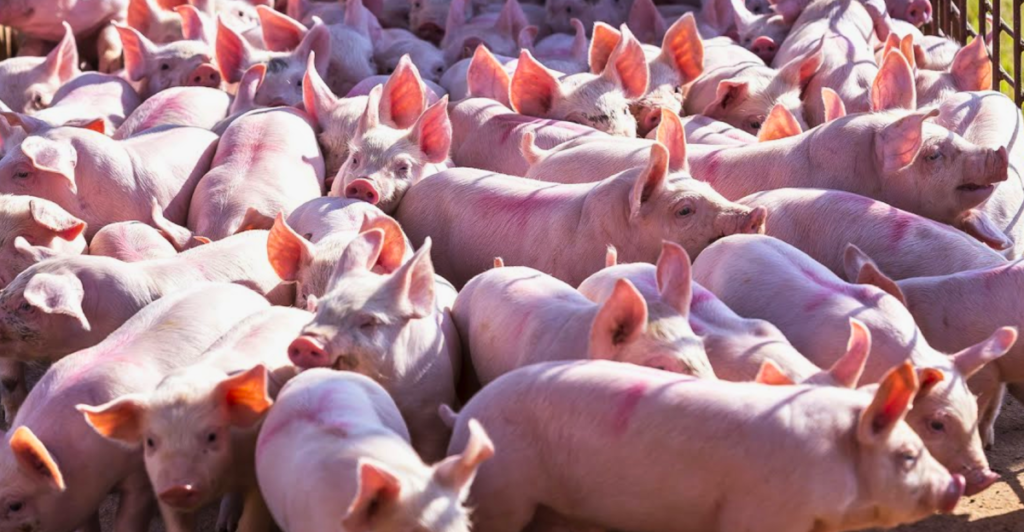
A South Dakota banking scandal is placing tens of thousands of pigs in danger. Over 110,000 piglets could end up starving as a billion-dollar suspected scheme came apart. The mastermind behind it all? A chain of farming companies owned by family members who are relatives of the Price clan.
Their Compeer Financial lender accuses the family with using fraudulent bank activity to conceal astronomical losses. While it may sound like a Wall Street scandal, this one is far from it. T
his time the collateral damage isn’t monetary, it’s very real, and very alive. The pigs were raised on Compeer loans. And now the funds are frozen and there’s nobody to pay bills meaning these animals are perhaps the most vulnerable victims.
What Exactly Happened—And Why So Many Pigs Are at Risk
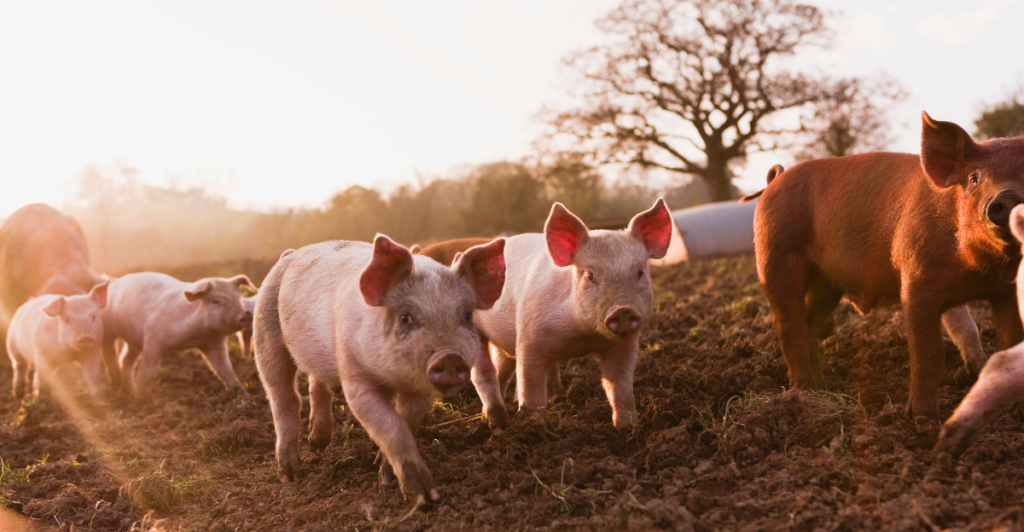
At the center of this startling case are Sunterra Farms Iowa Inc., Sunwold Farms Inc., and Lariagra Farms South Inc., all owned by the Price family. These farms, Compeer alleges, were practicing “check kiting,” a type of fraud in which checks are written from one account to another to create the illusion of having a positive balance.
The scheme counted on transferring funds from Canadian to American bank accounts, exploiting the system long enough to qualify for credit. When one bank discovered what was happening and refused to cash checks, the entire house of cards came crashing down.
Suddenly, 110,000 piglets in 54 barns lost all financial support. Compeer, now suing for damages, claims it had to intervene quickly before a massive starvation crisis ensued.
The Fraud Itself—How “Check Kiting” Created a Billion-Dollar Illusion
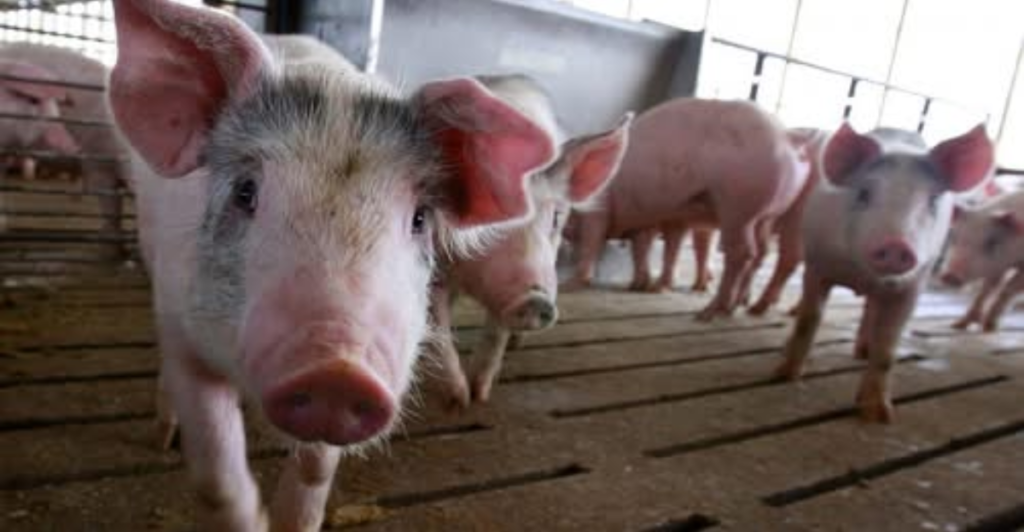
Check kiting is a scam in which fictitious funds are created by rapidly circulating money between bank accounts. Price family businesses were alleged to have used this method to appear financially healthy.
Every day, checks—sometimes for as much as a million dollars—were drawn against accounts with no money backing them up. The scheme duped Compeer into believing the farm was sound and in good standing, and it would be worthwhile to lend to. But when 65 checks totaling $60 million were denied by a Canadian bank, the facade collapsed.
Compeer discovered it had been deceived and promptly halted sending more money. With no funds remaining to cover daily costs—piglet feed and health care—things escalated quickly into a crisis.
110,000 Piglets in Immediate Risk of Starvation

The moment the funds ceased, employees stopped receiving paychecks. Delivery of feed became spotty. The barns—housing over 110,000 piglets—were suddenly at risk of being abandoned.
These were not figures on a spreadsheet; these were living beings utterly reliant on the functioning of the farm. Compeer cautioned the court that the piglets were in “imminent danger of starvation” and insisted on the court permitting them to step in legally.
The majority of these animals were weeks old and needed special care. The lender was worried that, left untreated, the situation would turn into a huge animal welfare tragedy—on top of the ongoing economic meltdown. Something had to be done.
A Federal Court Steps In to Save the Swine
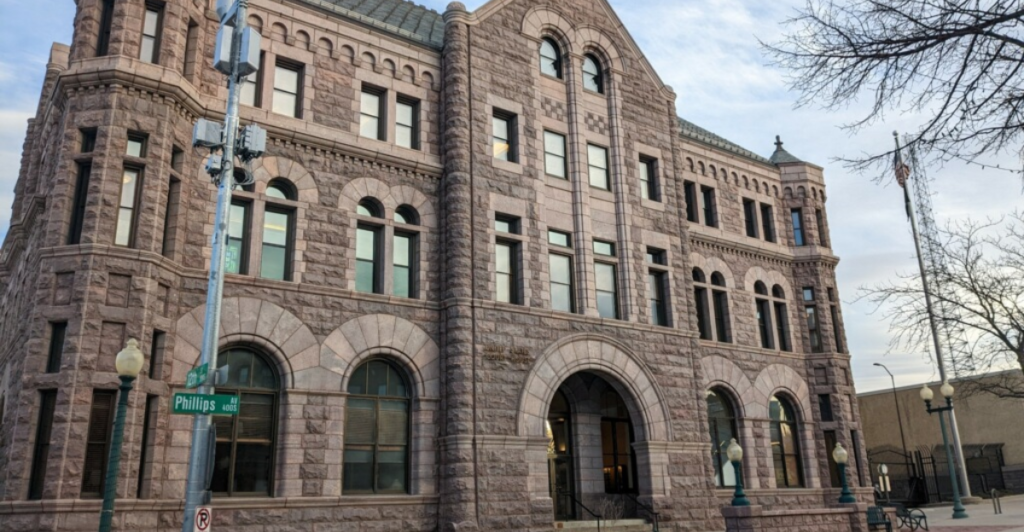
On March 28, a South Dakota judge installed a receiver to take over the operation of the farms. This is a judicial step that brings in an outside party to operate the property and care for the animals.
Although subsequent court documents were filed in Iowa, the emergency step had already started. The court’s ruling was timely: barns required maintenance, employees required compensation, and pigs required food. Had the receiver not been appointed, Compeer contended, the pigs would have perished, and the assets would have vanished.
With hundreds of thousands of animals in the Price operations, this action probably saved tens of thousands of lives—and millions of dollars’ worth of losses.
The Price Family’s Role in the Alleged Scheme

The Price family members, Ray, Art, and Glen, are at the center of the scandal. The court documents say that Ray Price acknowledged that a $9 million check was deposited to prevent an overdraft, even though he knew it would create another overdraft elsewhere.
One day later, he informed Compeer that their Canadian bank account had an overdraft of $21 million. The massive daily shuffling of money from one account to another wasn’t sustainable, and it all came crashing down when the Canadian bank bounced 65 checks.
Compeer asserts this was no error, but an attempt at fraud. The suit alleges the Prices committed fraud, unjust enrichment, and a breach of a series of lending contracts.
The Money Trail—From Credit to Collapse

When the Canadian bank rejected those checks, Compeer’s risk went through the roof. What had been an apparently sound relationship with a reputable farm operation turned into $36 million of debt overnight.
Altogether, billions of dollars’ worth of fake bank transactions flowed through the system. Years went by and the books at the farm looked good on paper.
But it was all illusion—a scam that deceived even a veteran agricultural lender. As the scandal unraveled, the real cost became clear: millions lost, trust shattered, animals on the brink of death. The suit seeks to recover those dollars today, but much of the harm—economic and moral—is already done.
The Human Cost—Unpaid Workers, Angry Farmers, and Legal Chaos
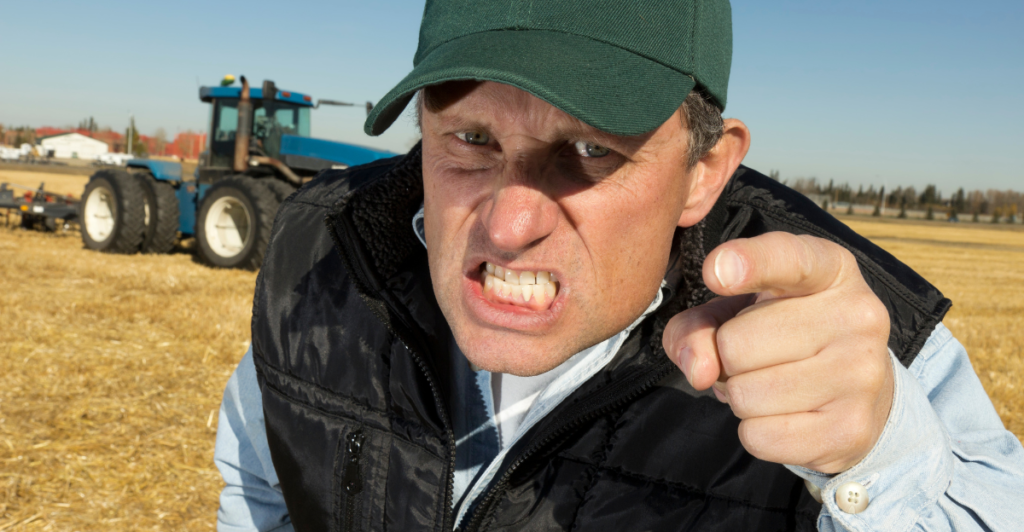
Behind every barn are human beings—workers, feeders, haulers—many who simply stopped being paid. Compeer said that employees threatened to resign, putting the pigs in even greater peril.
Farmers who depend on Sunterra’s business now have an uncertain future. Legal teams are scrambling to determine what can be salvaged, as investigators probe the depths of financial fraud. Some employees remained behind to tend to the animals, unpaid—speaking to the deep moral and logistical quagmire left behind.
The scandal is not merely one of embezzled funds or phony checks. It’s one of a system that permitted this—and all the unwitting bystanders caught in the middle.
Could It Happen Again? Oversight of Agriculture Under Fire

Sunterra is sending serious questions into regulating agricultural lending and megafarming ventures. How did billions of dollars flow unchecked from account to account? Why didn’t the phony balances trigger sooner?
Farm lenders, long regarded as community partners, are now rethinking their own practices. Regulators meanwhile might pressure for closer regulation of inter-bank transactions. With farm animals, workers, and communities depending on stable operations, the danger of fraud in industrial agriculture has never been more apparent.
The case might be a wake-up call to the whole agriculture industry. Because when the system fails, it’s not forms that are in jeopardy—it’s individuals.
What Happens Now—Justice, Recovery, and 110,000 Lives
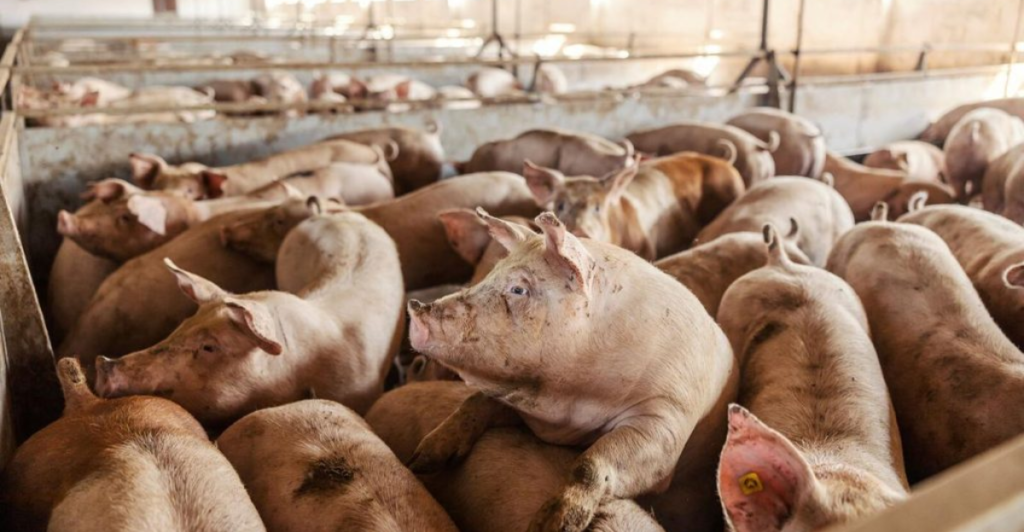
In the meantime, the battle in court has just begun. The pigs are still in the court-appointed receiver’s custody. The Price family publicly hasn’t commented on the suit. Compeer wants to recover at least $36 million, but the real loss might be public trust.
Can justice really be achieved when so many lives, both human and animal, have already been affected? The court’s ruling will determine more than financial compensation. It will determine the precedent for the handling of agricultural fraud in the years to come.
In the meantime, the 110,000 piglets grow, eat, and thrive—thanks to the quick overturn of justice that could have saved them just in time.
Explore more of our trending stories and hit Follow to keep them coming to your feed!

Don’t miss out on more stories like this! Hit the Follow button at the top of this article to stay updated with the latest news. Share your thoughts in the comments—we’d love to hear from you!







